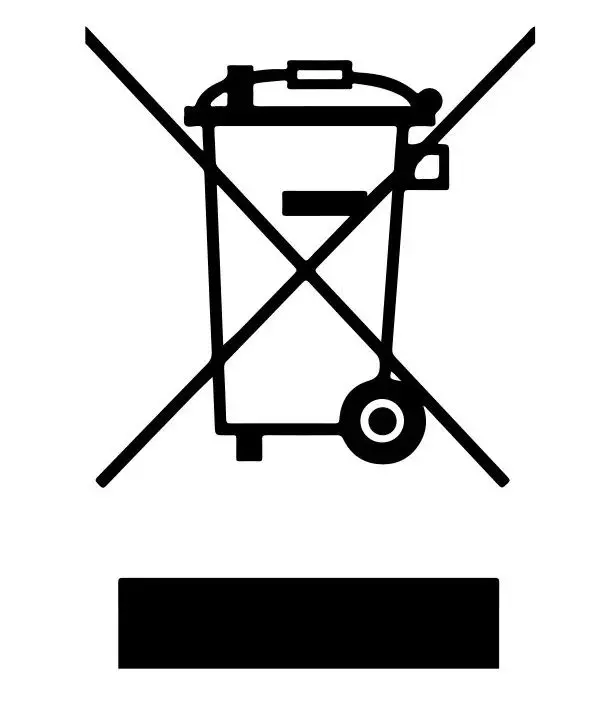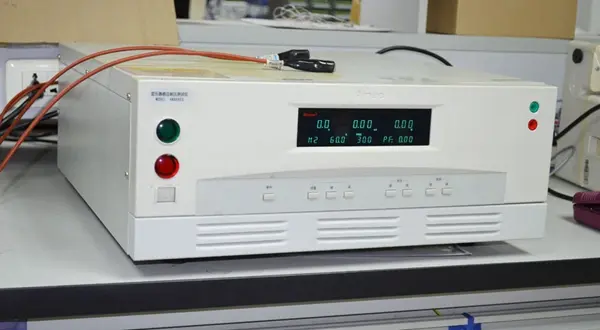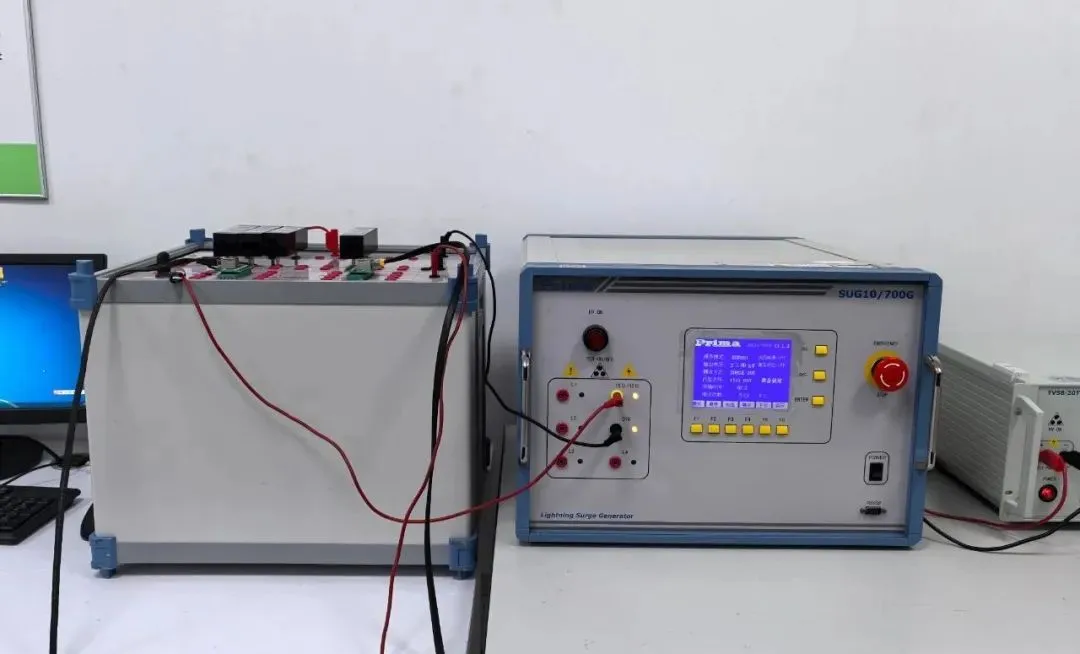
German WEEE Registration Guide
What is the weee directive?
- WEEE: Stands for Waste Electrical and Electronic Equipment. Directive No. 2002/96/EC is a regULation for recycling waste electrical and electronic equipment.
- Purpose: To address the large volume of e-waste and REDuce environmental pollution.
- weee certification: Typically applied for by manufacturers to test the recyclability of their products. If the requirements are met, the weee symbol (a crossed-out trash bin) can be printed on the product.

What is weee registration?
- Also known as EAR Registration.
- EAR: A German organization responsible for e-waste recycling.
- Sellers sign a recycling contract with a recycling company and submit it for EAR approval. After approval, EAR issues a WEEE registration number to the seller.
Who Needs to Register for German WEEE?
- Companies selling electrical and electronic products in Germany (including imports) must register, regardless of their location.
- Includes cross-border e-commerce sellers, importers, and distributors.
Can Individuals Register WEEE?
- No. Registration must be under a company. Multiple stores under the same company can use the same registration if they sell the same brand.
Consequences of Not Registering WEEE in Germany
1. Platforms will immediately delist all non-compliant products.
2. Fines of up to €100,000.
3. Confiscation of all illegal earnings in Germany.
4. Risk of complaints or lawsuits from competitors, with liability for violations.
Categories Covered by WEEE Certification
WEEE applies to six main categories of electronic and electrical products:
1. Temperature exchange equipment: Refrigerators, air conditioners, freezers, etc.
2. Screens larger than 100 square cm: TVs, computers, tablets, e-readers, etc.
3. Lighting equipment: Includes non-gas discharge and gas discharge lamps like LED bulbs, fluorescent lamps, neon lights, aquarium lights, etc.
4. Large electronics: Devices longer than 50 cm when fully expanded.
5. Small electronics: Devices shorter than 50 cm, such as lamps, cameras, watches, alarm clocks, scales, drones, chargers, electric toothbrushes, shavers, vacuums, adapters, thermometers, and other common electronic items.
6. Small IT and telecommunication devices: Phones, GPS devices, printers, routers, etc.
WEEE vs. Battery Law
- WEEE: Covers all electronic devices but excludes batteries.
- Battery Law: Covers battery recycling but excludes devices.
- Devices containing batteries require both WEEE registration and Battery Law compliance.
How to Register for German WEEE?
- Only authorized representatives verified by EAR can submit WEEE registration applications.
- Choose a reliable, compliant, and cost-effective representative for registration and renewal.
- Ensure post-registration changes or re-registration are handled professionally.
WEEE Registration Process
1. Fill out the registration application form and submit required documents.
2. Sign a contract and make payment for document review.
3. Documents are submitted to EAR for certification.
4. EAR confirms authorization with the client.
5. weee certificate is issued, and the registration is entered into Germany’s e-recycling database.
How to Verify WEEE Registration Validity?
- Find the WEEE registration number on the certificate.
- Visit the EAR portal: [EAR Official Website](https://www.ear-system.de/ear-portal/no-back).
- Enter the company name, registration number, and brand to verify.
weee labeling Requirements
- After registration, include the WEEE recycling symbol on product packaging, manuals, or labels.
- Specifications:
1. Line height under the symbol must be ≥ 0.3a or 1mm.
2. Overall height of the symbol must be ≥ 7mm.
3. If marking the product is impractical, include the symbol on the packaging or manual.
4. Labels must be clear, visible, and durable.
Post-registration Reporting and Renewal
1. Submit monthly sales data for registered WEEE products by the 15th of each month.
2. Submit annual sales data for the previous year by January 15th.
3. Decide on renewal and pay the following year’s fees in November.
Example
- A seller receiving a WEEE certificate in August must file monthly reports for August–December and an annual report for that year. Fees for the next year are due by year-end.
Email:hello@jjrlab.com
Write your message here and send it to us
 Global Certification Guide for Lithium Batteries
Global Certification Guide for Lithium Batteries
 Compliance of Amazon 18650 Lithium Battery Product
Compliance of Amazon 18650 Lithium Battery Product
 What is CE Certification and EU Authorized Represe
What is CE Certification and EU Authorized Represe
 What Are the Lithium Battery Safety Tests?
What Are the Lithium Battery Safety Tests?
 What is the EN 61326-2-3 Standard?
What is the EN 61326-2-3 Standard?
 Why Do Smart Sockets Need IEC 60884 Certification?
Why Do Smart Sockets Need IEC 60884 Certification?
 Why Retest the Device if the 5G Module Already Has
Why Retest the Device if the 5G Module Already Has
 Overview of IEC 62087 Test Standard
Overview of IEC 62087 Test Standard
Leave us a message
24-hour online customer service at any time to respond, so that you worry!




